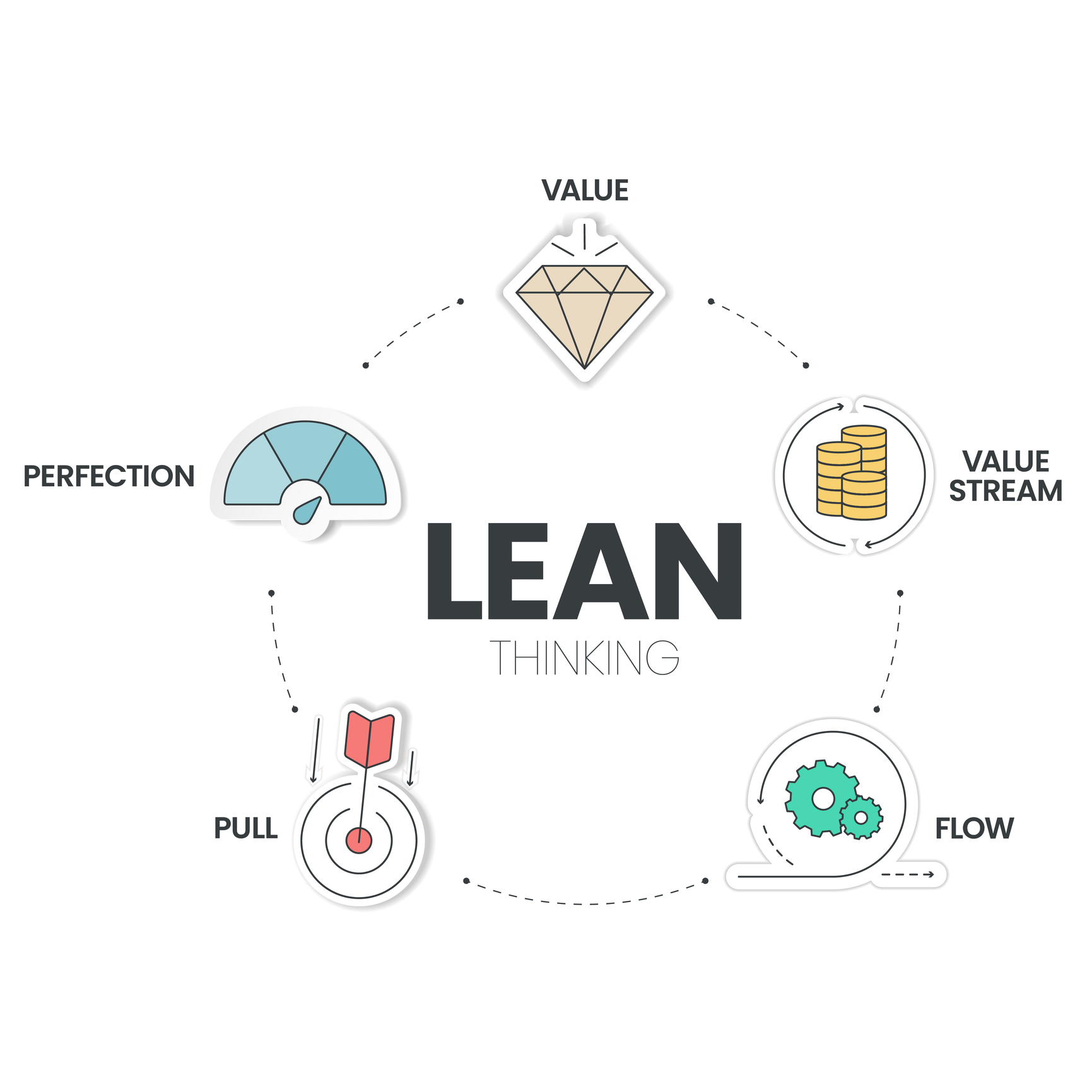If you’re a regular reader of SD Times you may have gotten the sense that value stream management (VSM) is really taking off in tech. We’ve increasingly written about it, launched a new website just for value stream news, and even launched a value stream management conference that has been running annually since 2020.
And if that wasn’t enough proof of its growing popularity, a new survey from Broadcom provides numbers to back up. According to its survey of over 500 IT and business leaders, it is expected that 84% of enterprises will have adopted VSM by the end of the year. This is up from just 42% in 2021.
According to Broadcom, early adoption of VSM started around four years ago, and within the past two there has been a shift to mainstream adoption. Sixty percent of survey respondents said they will use VSM to deliver at least one product this year.
Being at the “mainstream” level of adoption signifies greater maturity in implementations and will enable companies at that point to address challenges they are facing. These may include things like supply chain issues, inefficient processes, remote workers, and constantly changing priorities from company leadership.
“You have to make a concerted effort and get everybody on board and change at the right pace for your organization,” said Laureen Knudsen, chief transformation officer at Broadcom. “But you can truly make huge gains in your effectiveness and efficiency and therefore your outcomes if you put these things in place, and you actually take them seriously.”
Looking ahead to the upcoming year, Broadcom predicts that increasing customer value will be the number one focus for businesses, with 58% of companies listing it as a priority.
Other priorities will be improving product quality (55%), cost reduction (51%), customer growth (50%), increasing profits (49%), and increasing speed to market (45%).
“Customers are much more likely to change — whether it’s banking, or insurance, or airlines — who they use,” said Knudsen. “You’re seeing people kind of looking at everything fresh. And so your customers are looking at, who else can I use? What can I do? Is there a better way for me to do this? So companies are really pivoting to strongly focus on that customer value.”
Broadcom also asked respondents what benefits they are seeing from VSM and the top five answers were increased transparency (42% of respondents), improved organizational alignment (39%), providing faster solutions to customers (38%), data-driven decision-making (37%), and improved access to data (36%).
“The data clearly shows those with VSM are leveraging more indicators to track customer value, representing more sophistication but also have a greater focus on direct customer feedback such as support and social media,” said Jean-Louis Vignaud, head of ValueOps at Broadcom. “The research also found companies with a VSM practice have significantly better tools and processes to capture and track these customer value metrics than those without VSM.”








